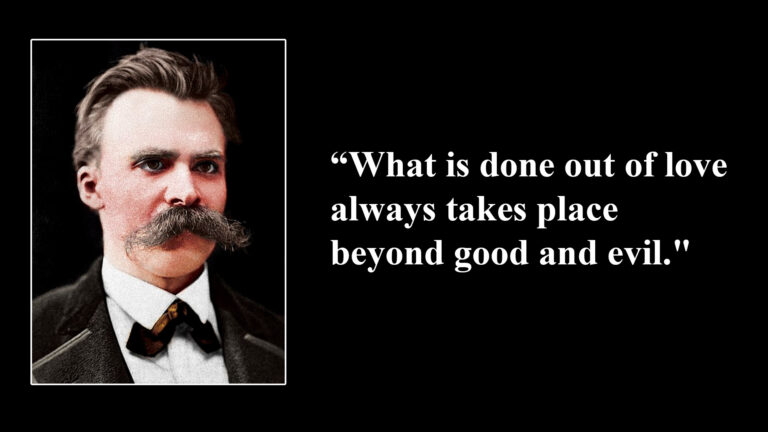
https://www.youtube.com/watch?v=yoIYdfFkUaM
Politics can be a polarizing and divisive subject, with people often feeling forced to choose between the extreme positions of the left and right. However, there is a third way – a rational, third position that seeks to bridge the gap between the extremes and find common ground. In this article, we will explore how to be a rational, third positionist on the subject of politics.
- Focus on the issues, not the labels One of the key tenets of being a third positionist is to focus on the issues rather than the labels. Rather than blindly aligning yourself with a political party or ideology, take the time to research and understand the issues that matter to you. This can help you identify areas of common ground with others, regardless of their political affiliation.
- Be open-minded and empathetic To be a rational, third positionist, it is important to be open-minded and empathetic. This means being willing to consider multiple perspectives, even if they differ from your own. It also means being able to empathize with others and understand their point of view, even if you ultimately disagree with them. By cultivating an open-minded and empathetic attitude, you can help bridge the gap between different political positions and find common ground.
- Avoid extreme positions and ideologies One of the hallmarks of being a third positionist is avoiding extreme positions and ideologies. Rather than subscribing to a rigid set of beliefs or dogmatic ideology, focus on finding pragmatic solutions that work for everyone. Avoiding extreme positions and ideologies can help you remain objective and rational in your political thinking, and can also help you avoid being drawn into the polarizing rhetoric of the left and right.
- Seek out diverse sources of information To be a rational, third positionist, it is important to seek out diverse sources of information. This means avoiding echo chambers and confirmation bias by exposing yourself to different perspectives and viewpoints. By seeking out diverse sources of information, you can gain a more nuanced understanding of political issues and develop more well-rounded opinions.
- Engage in constructive dialogue and debate Finally, to be a rational, third positionist, it is important to engage in constructive dialogue and debate. This means avoiding personal attacks, name-calling, and other forms of toxic rhetoric. Instead, focus on presenting reasoned arguments and listening to others’ perspectives. By engaging in constructive dialogue and debate, you can help bridge the gap between different political positions and work towards pragmatic solutions.
In conclusion, being a rational, third positionist on the subject of politics involves focusing on the issues rather than the labels, being open-minded and empathetic, avoiding extreme positions and ideologies, seeking out diverse sources of information, and engaging in constructive dialogue and debate. By adopting these principles, you can help bridge the gap between different political positions and work towards pragmatic solutions that benefit everyone.

